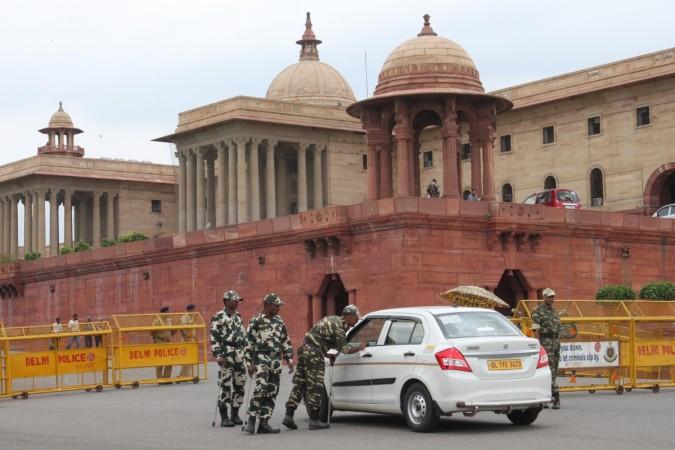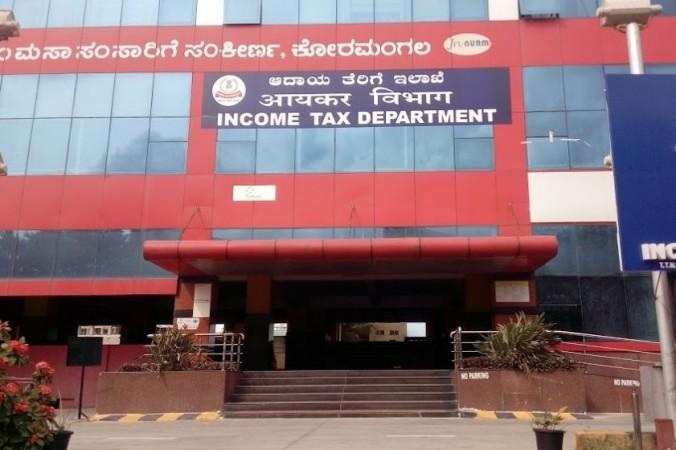
Indian startups are cheering the bonanza of the proposed implementation of the recent changes to the 'angel tax' from February 19. The Department for Promotion of Industry and Internal Trade (DPIIT) has announced new norms including a change in the definition of startups to help budding entrepreneurs to benefit from the full range of the angel tax concession, media reports say.
The new norms that the Central Board of Direct Taxation (CBDT) has issued raise the limit of investments that can benefit from angel tax norms to Rs 25 crore. The angel tax is the income tax payable on capital unlisted companies raise through the issue of shares where the share price is in excess of the fair market value of the shares sold. The excess realisation is treated as income and taxed accordingly. The angel tax was first introduced in the 2012 Union Budget by then finance minister Pranab Mukherjee to tackle money laundering. The tax has come to be called angel tax because it mostly affects angel investments in startups.
The CBDT will implement the detailed framework the DPIIT has formulated for which it recently issued a new clarification, according to a report in The Economic Times. The CBDT has said Section 56 (2)(viib) of the Income Tax Act prescribing the angel tax will not apply to consideration in excess of the fair value of shares issued to an investor if the funds had been received in accordance with the DPIIT's conditions. In the past, the amount a startup raises by the issue of shares in excess of the fair market value was being deemed as income from other sources liable to be taxed at 30 per cent, deterring angel investors.

The new provisions have also raised the investment limit for a startup to seek exemption under the section to Rs 25 crore from Rs 10 crore. The startups would also be able to avail themselves of the tax benefits for up to 10 years as against seven years earlier, according to reports. The only condition is that the startup will have to submit a self-declaration about the use of the raised amount to the DPIIT, which will be forwarded to the CBDT.
Nangia Advisors (Andersen Global) managing partner Rakesh Nangia told ET that this was a procedural notification which the CBDT was required to issue to put in place the mechanism for claiming benefit given to startups by the earlier DPIIT notification. Startups are elated the notification came at a time when many said they had received notices under Section 56(2)(viib), adversely affecting their businesses. The CBDT has reportedly directed the field staff to clear the proceedings if the tax demands have been raised.









